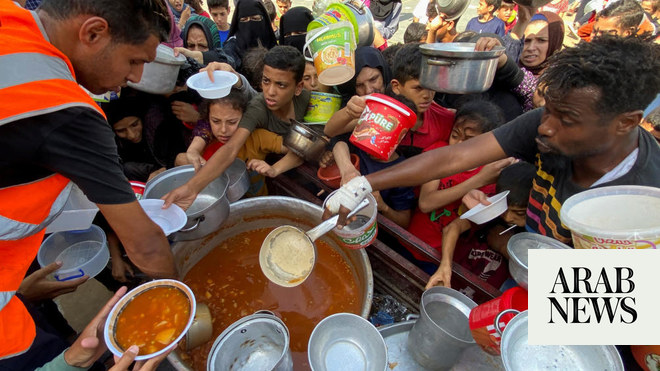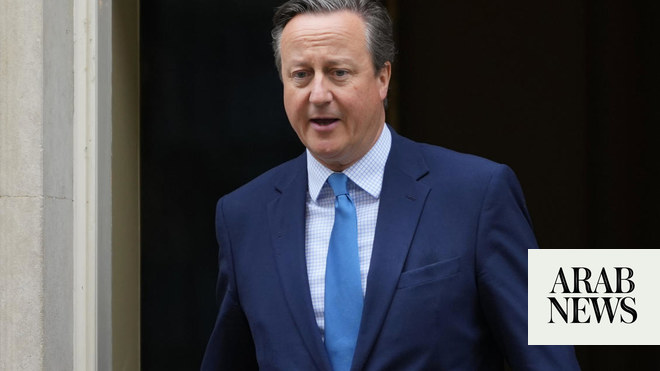
The UK has announced an extra £29m of humanitarian aid to people affected by the deepening conflict in northern Ethiopia, as the foreign secretary, Liz Truss, reviews what kind of further pressure can be placed on the new Ethiopian government to open up badly needed humanitarian corridors.
The UK has provided more than £75m to alleviate the risk of famine – making it the second largest aid donor to Ethiopia – but officials acknowledge the de facto government blockade of Tigray is deepening the crisis.
The UK’s special envoy for famine prevention and humanitarian affairs, Nick Dyer, has just visited the Tigray capital of Mekelle and came away struck by the extent to which the food, water and energy crisis was worsening.
The UN has estimated Tigray needs 500 trucks of critical assistance each week, but less than 10% of this has been met since June. The shortfall is due to a lack of fuel, trucks and assurances about safe passage for truck drivers who have been subject to harassment and demands to pay bribes by the Ethiopian government.
The UN estimates 5.5 million people face acute food insecurity, including 400,000 people in northern Ethiopia facing famine-like conditions – more than in all of the humanitarian crises in the rest of the world combined. The UK government is convinced that this is entirely a human-made crisis caused by the territorial and sovereignty conflict.
Dyer said: “On my third visit to Ethiopia since the start of the Tigray conflict, I saw a further deterioration of the crisis and the conditions for humanitarian operations. The conflict in northern Ethiopia has spread beyond the borders of Tigray now, so we are expanding UK funding to reach those in urgent need in Afar and Amhara.”
An African Union initiative to install a ceasefire is making little progress, with Tigray forces refusing to engage, due partly to scepticism about the neutrality of the Nigerian-led mediation. UK diplomatic sources have for months been pressing the government in Addis Ababa to allow aid into the region, but have been told that a response was not possible until the new government was installed, something that happened this week.
Muferiat Kamil, the powerful minister for peace, was demoted in a reshuffle after three years in office, but it is not yet clear if that presages a change in policy. The prime minister, Abiy Ahmed, once a poster child for development in Africa, has not suffered politically by adopting a tough line against those in Tigray claiming independence but he is under growing international pressure.
In September, the US president, Joe Biden, issued an executive order that allows for sanctions on parties “complicit in prolonging” the conflict in Ethiopia’s northern Tigray region. The US could remove Ethiopia’s privileges under the African Growth and Opportunity Act, a move that could hit the country’s economy severely. Ethiopia says the deal is worth £237m annually.
The UN human rights office is due to publish a report into human rights abuses on 1 November, which could lead to further international sanctions.
The Tigray People’s Liberation Front pushed into the neighbouring Afar and Amhara regions in July, a move it said was intended to stop government forces from regrouping and break what it calls a humanitarian siege of Tigray.
The funding will be delivered by UN agencies and NGOs, including the World Food Programme, Unicef, and the Ethiopia Humanitarian Fund. Lifesaving nutrition treatment is expected to be delivered for more than 100,000 malnourished children, and 27,000 pregnant and new mothers.
The UK’s ambassador for human rights, Rita French, raised the urgent need for unfettered humanitarian access at the Human Rights Council earlier this month and the former foreign secretary raised the UK’s concerns over the conflict in a call with prime minister Abiy in August.











